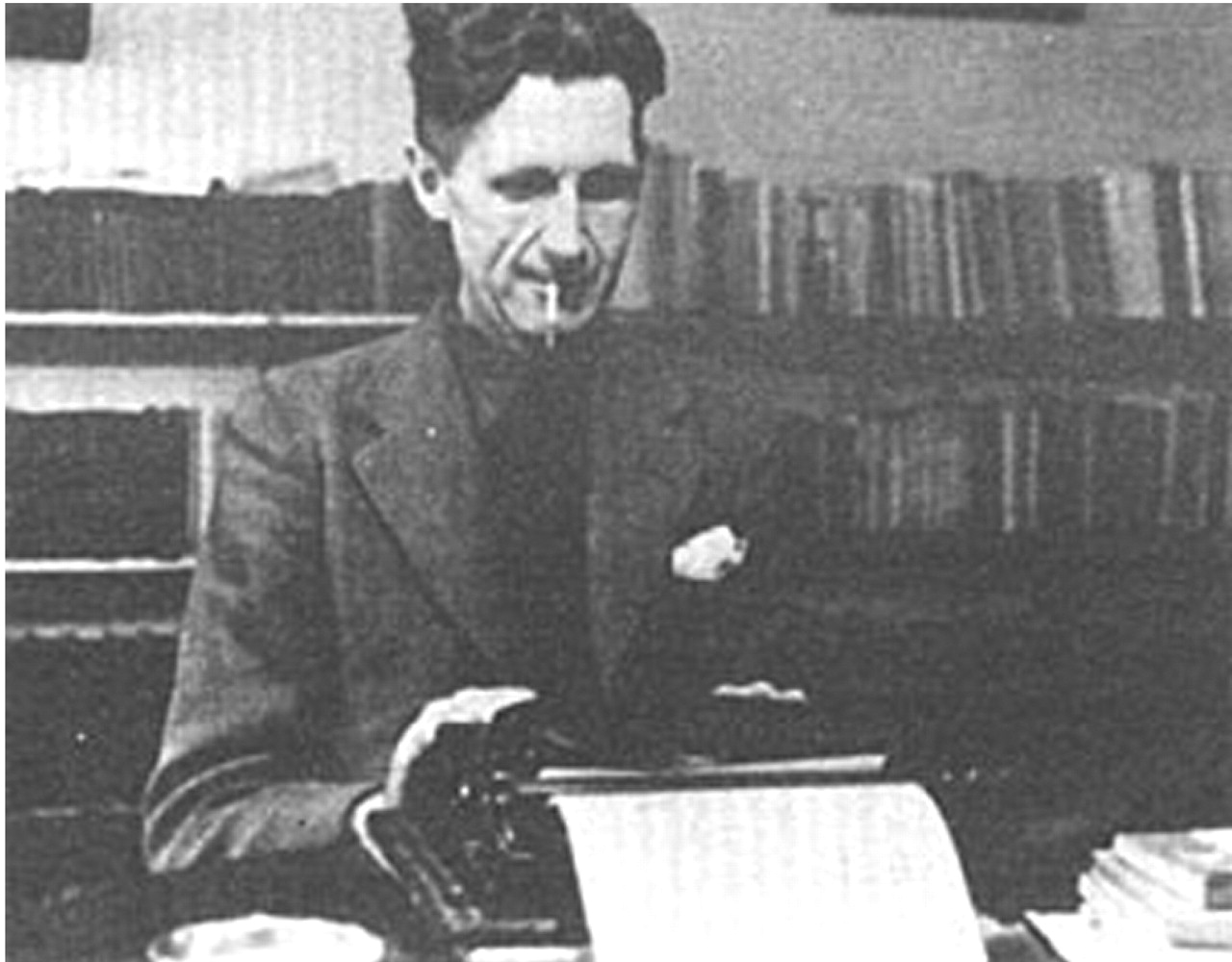A slave, Marcus Gato said, should be working when he is not sleeping. It does not matter whether his work is needed or not; he must work, because work in itself is good — for slaves, at least. This sentiment still survives, and it has piled up mountains of useless drudgery.
I believe that this instinct to perpetuate useless work is, at bottom, simply fear of the mob. The mob (the thought runs) are such low animals that they would be dangerous if they had leisure; it is safer to keep them too busy to think. A rich man who happens to be intellectually honest, if he is questioned about the improvement of working conditions, usually says something like this:
“We know that poverty is unpleasant; in fact, since it is so remote, we rather enjoy harrowing ourselves with the thought of its unpleasantness. But don’t expect us to do anything about it. We are sorry for you lower classes, just as we are sorry for a cat with the mange, but we will fight like devils against any improvement of your condition. We feel that you are much safer as you are. The present state of affairs suits us, and we are not going to take the risk of setting you free, even by an extra hour a day. So, dear brothers, since evidently you must sweat to pay for our trips to Italy, sweat and be damned to you.”
This is particularly the attitude of intelligent, cultivated people; one can read the substance of it in a hundred essays. Very few cultivated people have less than, say, four hundred pounds a year; and naturally they side with the rich because they imagine that any liberty conceded to the poor is a threat to their own liberty. Foreseeing some dismal Marxian utopia as the alternative, the educated man prefers to keep things as they are. Possibly he does not like his fellow rich very much, but he supposes that even the vulgarest of them are less inimical to his pleasures, more his kind of people, than the poor, and that he had better stand by them. It is this fear of a supposedly dangerous mob that makes nearly all intelligent people conservative in their opinions.
Fear of the mob is a superstitious fear. It is based on the idea that there is some mysterious, fundamental difference between rich and poor, but in reality there is no such difference. The mass of the rich and the poor are differentiated by their incomes and nothing else, and the average millionaire is only the average dishwasher dressed in a new suit. Change places, and handy-dandy: which is the justice and which is the thief?
Everyone who has mixed on equal terms with the poor knows this quite well. But the trouble is that intelligent, cultivated people, the very people who might be expected to have liberal opinions, never do mix with the poor. For what do the majority of educated people know about poverty? In my copy of Villon’s poems, the editor has actually thought it necessary to explain the line “ne pain ne voient qu’aux fenetres” by a footnote, so remote is even hunger from the educated man’s experience.
From this ignorance a superstitious fear of the mob results quite naturally. The educated man pictures a horde of sub-men, wanting only a day’s liberty to loot his house, burn his books, and set him to work minding a machine or sweeping out a lavatory. “Anything,” he thinks, “any injustice sooner than let that mob loose.” He does not see that since there is no difference between the mass of rich and poor, there is no question of setting the mob loose. The mob is loose now, and — in the shape of rich men — is using its power to set up enormous treadmills of boredom.

